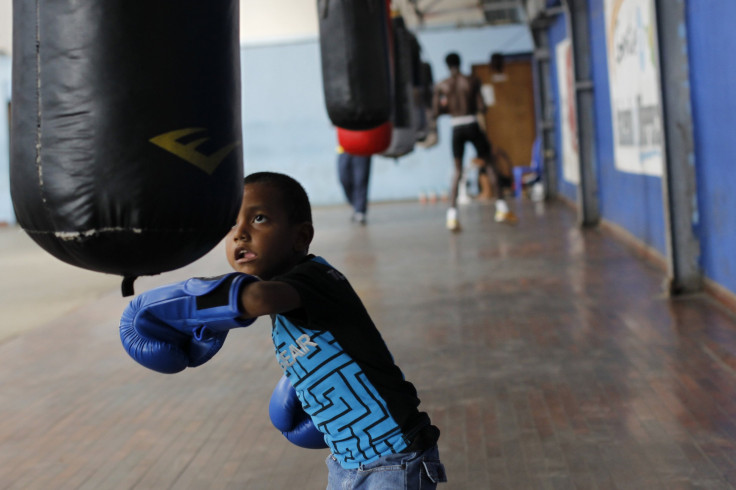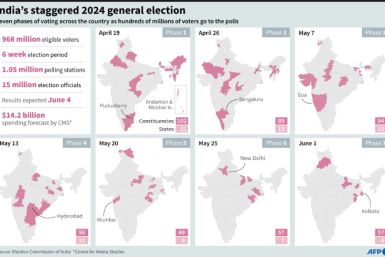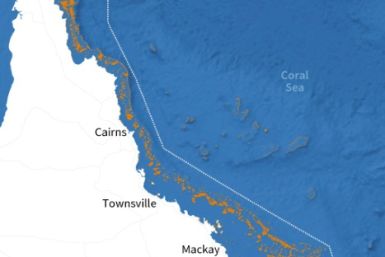Aggressive Boys Develop Extra Physical Strength As Teens, Study Finds

Boys who are aggressive tend to develop into physically stronger teens, according to the finds of the new study. Being aggressive as a child can actually be beneficial for boys. At least that’s what the findings of a new study suggest.
The study was conducted by researchers from the Association of Psychological Science. The researchers found that boys who are aggressive turn out to be physically stronger teens than boys who are not aggressive during their school years.
"This work was motivated by a long-standing controversy over the relationship between physical development and personality," psychological scientist Joshua Isen of the University of Minnesota, Minneapolis said in a press statement.
The physiques of boys and girls develop differently as they grow, which results in a significant sex difference in physical strength, and there's also an observable sex difference in personality traits like physical aggression and risk-taking. Researchers have not been able to determine how this association unfolds developmentally. To throw more light on this subject, the authors of the current study used prospective longitudinal design to examine whether male-typical behavioral tendencies are related to pubertal change in physical strength.
Though researchers were able to observe a strong association between upper body strength and aggressive tendencies, they weren’t able to highlight the mechanism behind this association. For the study, the researchers examined data from two large samples of twins collected as part of the Minnesota Twin Family Study.
The twins began participating in the study at age 11, and researchers followed up with them every 3 years. The researchers focused more on children's levels of aggression and their physical strength at ages 11, 14 and 17. Aggressive-antisocial tendencies were measured using a combination of teacher and self-report ratings, while strength was measured using hand-grip strength, which is highly correlated with other measures of muscular strength. To gauge hand-grip strength, the children were instructed to squeeze a dynamometer as hard as they could in both their left and right hands.
Researchers found that boys who showed high levels of aggression and those who showed low levels of aggression were equally strong at age 11, but their strength seemed to diverge over time. The study authors suggest that the developmental relationship between aggressive traits and physical strength is likely to have an evolutionary basis.
"The pubertal changes responsible for males' superior strength were likely shaped by inter-male competition for mates," said Isen, which would explain why competitive personality traits correlate with physical strength among males only.
"Our findings indicate that other aggression-related characteristics -- including deceit, risk taking, and lack of empathy -- predict future development of strength in males," he added.
Findings of the study were published online in Psychological Science, a journal of the Association for Psychological Science.
To contact writer, email: sammygoodwin27@gmail.com






